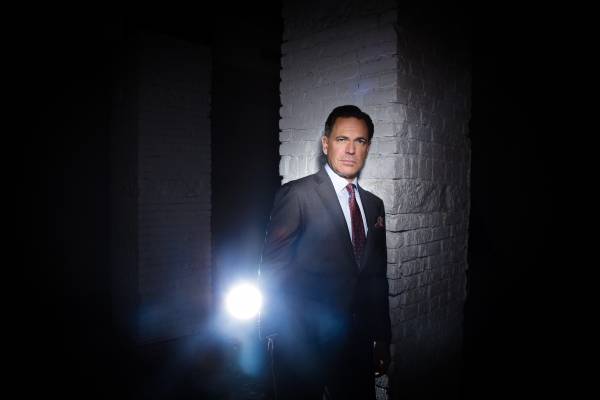City Recital Hall, June 3
7.5/10

The moment came in Skylark. The almost relentlessly buzzing imagination and invention fell away as Gary Versace began a piano solo so soft, so sparse and so fragile that Ulysses Owens stopped playing the drums altogether and Clark Sommers provided the barest underpinning on bass. It was the musical equivalent of a coup de theatre, not in the sense of spectacle, but because the contrast was so laden with poignancy that you felt the room catch its breath, and because it was the only expression of that most naked of all emotions: vulnerability.
Kurt Elling possesses a rare and remarkable virtuosity used in the cause of daring sonic adventures and intelligent, wide-ranging musical enterprises. Nor is he lacking in humanity, as his vocalese setting of lyrics to a Dexter Gordon tenor saxophone solo on Body and Soul showed. This was high art, jointly celebrating Gordon’s improvising genius and Elling’s sophistication as a wordsmith, not to mention his almost uncanny ability to pitch tricky intervals in a melodic line. Then there was the lyric he set to Ellington’s I Like the Sunrise drawing on the work of the great Persian poet Rumi, and what other singer scours as far afield as gems by Jaco Pastorius (with searing guitar) and Carla Bley?
Over his career he has reined in the showing off his dazzling skills, but he still has a hole in the heart of art: never did he dare reveal such vulnerability as Versace, for instance, and a charming Embraceable You completely missed the song’s requisite sensuality. Hell, it needs to be sexy!
Guitarist John McLean created gorgeous clouds of sound for Skylark to float upon and offered a glistening, understated solo on Embraceable You. Versace astutely coloured the repertoire with organ as well as piano, and the rhythm section was impeccably nuanced, energised and sympathetic. Yet one thinks back to the unabashedly voluptuous passions of Elling’s long-time accompanist Laurence Hobgood, and realise they partly countered Elling’s loathness to step off the emotional cliff.